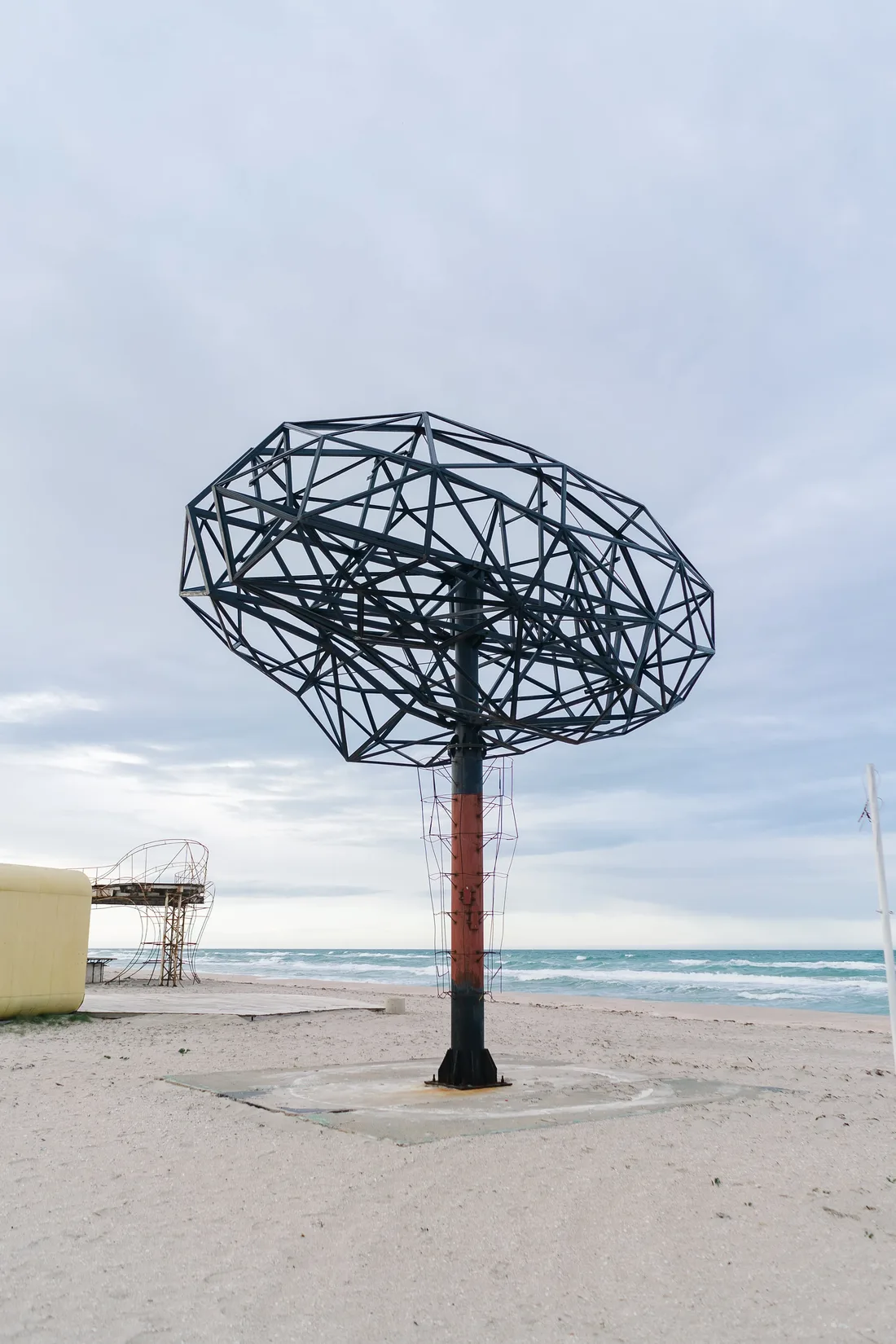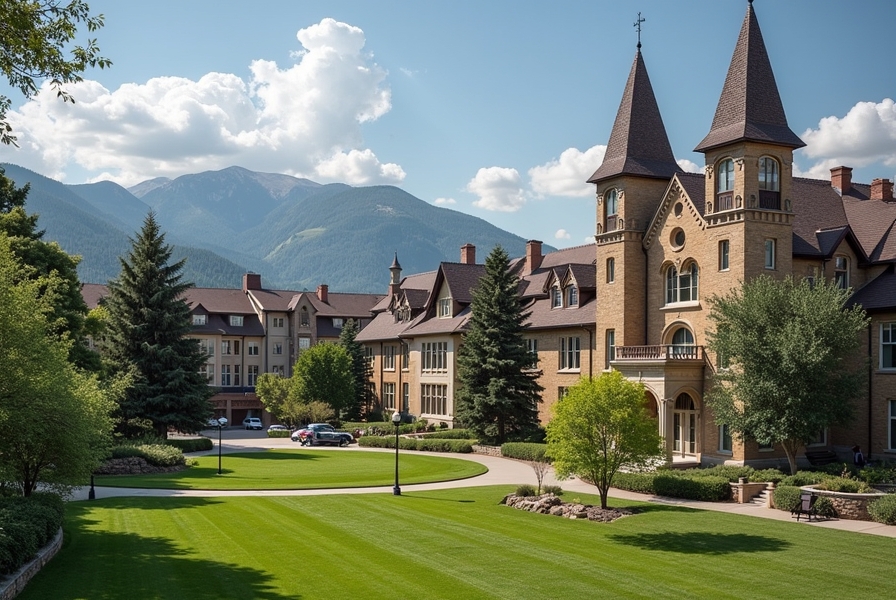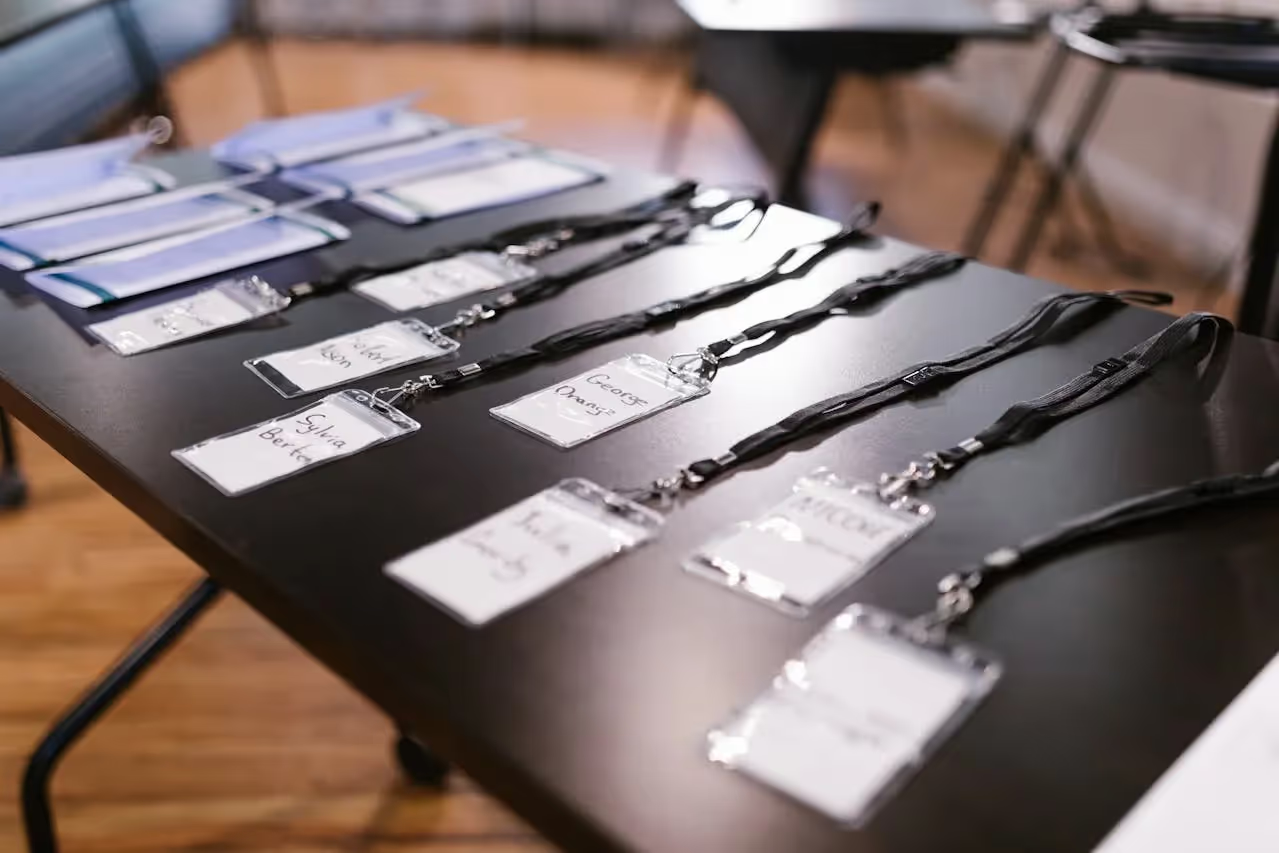Understanding Political Science and Its Impact
Political science explores how societies govern themselves. You gain tools to analyze power, policy, government, and the influence of political institutions. When you study political science, you understand how decisions shape resources, laws, and your daily life. It connects history, sociology, economics, and psychology to help you interpret ongoing debates and shifts in society.
From voting rights to global issues, political science gives you a framework to understand current events. You see how governments respond to big challenges and why people disagree on the best path forward. If you want to understand your place in democracy and how political decisions affect your future, this field offers answers.
Why Political Science Matters in Everyday Life
Political science is not just academic theory. It touches your life every day. When you vote, follow the news, or discuss social issues, you lean on core concepts from this field. Here are ways political science influences society and your personal choices:
- Guides policy changes and lawmaking
- Shapes civil rights and liberties
- Impacts government spending and budgets
- Explains international relations and conflicts
- Influences party politics and election results
You rely on these structures for access to education, healthcare, and safety. Political science helps you critique those systems. This empowers you to advocate for improvement or reform, using factual analysis instead of just opinion.
How Political Science Shapes Public Opinion
By understanding how people form opinions, political scientists can study the spread of ideas and misinformation. This helps you identify trustworthy sources and resist manipulation by propaganda. Research tracks how media, leaders, and social movements influence beliefs about government, justice, and freedom.
The Role of Political Science in Public Policy
Public policy is where political science theory meets practice. Experts use issue analysis to guide lawmakers on topics like healthcare, climate change, education, and economic policy. You benefit when evidence-based decisions reflect expert research.
- Analyzing data to identify social needs
- Predicting consequences of new laws
- Recommending solutions to social problems
- Evaluating government performance
- Encouraging participation and transparency
When political scientists apply research to real problems, government becomes more responsive and effective. You see outcomes in public services, social justice, and your access to resources. This leads to positive, lasting change driven by informed debate.
Ethics and Political Accountability
Ethics in political science helps you judge when power is used fairly. Scholars highlight corruption and abuse, pushing for accountability. You learn how checks and balances protect democracy, and why transparency matters.
The Influence of Political Science on Global Affairs
Global issues like war, trade, and migration require informed solutions. Political science helps you understand international laws and institutions. You hear about foreign policy, international agencies, and diplomatic negotiations. These affect global stability and your own safety.
Political scientists compare how different countries solve similar problems. Their findings show the pros and cons of various governance models. You use this knowledge to interpret news and form balanced views on world events.
Careers in Political Science and Their Social Impact
If you pursue political science, a wide range of career paths open up. These roles influence public life, shape policy, and inform society. Popular jobs for political science graduates include:
- Policy analyst or advisor
- Legislative assistant
- Civil servant or public administrator
- Campaign manager or political strategist
- Nonprofit director
- Journalist or media analyst
- International relations expert
- Educator or academic researcher
Each of these roles contributes to healthy debate, stronger laws, and responsible leadership. By working in these careers, you help shape a more just, fair, and open society.
What Skills Does Political Science Teach You?
Political science builds practical skills for work and life. You develop:
- Critical thinking and problem-solving
- Public speaking and persuasive writing
- Data analysis and research methods
- Ethical decision-making
- Understanding of diverse perspectives
These skills are in high demand in government, business, law, and international organizations.
Frequently Asked Questions
What is political science?
Political science is the study of governments, public policies, political processes, and behavior. It helps explain how power and decision-making shape society.
How does political science affect society?
Political science shapes laws, policies, public debate, and government actions. It helps ensure decisions are based on research and protect citizens' rights.
Why is political science important for democracy?
Political science supports democracy by promoting informed debate, voter education, transparency, and government accountability.
What careers can you pursue with a political science degree?
With a political science degree, you can work as a policy analyst, public administrator, campaign strategist, nonprofit leader, journalist, or educator.
How does political science help you understand current events?
Political science gives you tools to analyze government actions, policies, and debates, making it easier to understand and engage with current news.






.avif)









.svg)



